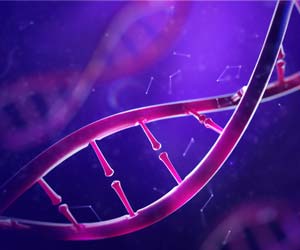The face is the most common site, with the chest and back also frequently involved. The negative psychological consequences of acne are seen in all ages, but perhaps of particular concern for teenagers.
The research is the largest study of its kind, involving genetic data from over 20,000 individuals with acne. It was supported by the National Institute for Health Research Guy’s and St Thomas’ BRC.
The research published in Nature Communications analyzed nine genome-wide association study datasets from patients around the world. These studies involved scanning the whole genomes of 20,165 people who had acne and 595,231 people who did not.
The study identified 29 new genetic variants that are more common in people with acne. It also confirmed 14 of the 17 variants already known to be associated with the condition. This brings the total number of known variants to 46.
Professor Catherine Smith is a Professor of Dermatology and Therapeutics at St John’s Institute of Dermatology at Guy’s and St Thomas’. She said: “Despite major treatment advances in other skin conditions, progress in acne has been limited. As well as suffering from the symptoms of acne, individuals describe consequent profound, negative impacts on their psychological and social wellbeing. It’s exciting that this work opens up potential avenues to find treatments for them”.
Several genes were identified that are common in people with acne and are also linked to other skin and hair conditions.
Understanding the genetics of the condition will help us to disentangle some of these causes, and find the best way to treat the condition. This is a really promising area for further study and opens up a lot of avenues for research.
Source: Medindia



